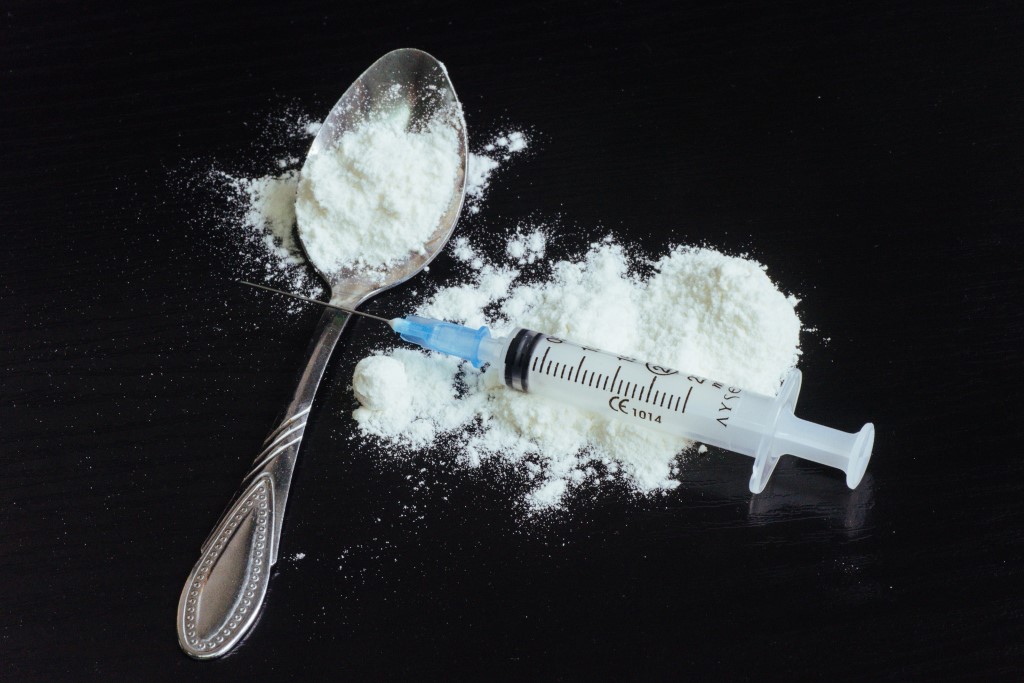The sheer scale of prescription drugs being purchased online is an alarming reality that needs urgent attention. According to that PubMed study, more than one-third of participants—35% to be exact—confessed to buying medications online without a proper prescription. These aren’t isolated incidents; these are patterns of behavior that hint at a wider societal problem.
In the South African context, this statistic takes on an even graver hue. The country has a well-documented issue with substance abuse, from alcohol to hard drugs. According to the South African Medical Research Council, around 13% of South Africans have a substance use disorder, a number that’s notably higher than the global average. So, when 35% of people in a study are admitting to buying prescription drugs online, this amplifies the already serious problem of substance abuse in South Africa.
You and your family must recognize the dangers inherent in this trend. South Africa’s healthcare system is stretched thin, and the treatment options for substance abuse are not as accessible as they should be. Each online purchase of prescription drugs not only puts you at immediate risk but also burdens a healthcare system struggling to cater to the existing load of substance abuse cases.
Therefore, it’s critical for you to understand that this is far more than a niche or fringe issue; this is mainstream, affecting the lives of potentially millions of South Africans. The ripple effects of online prescription drug availability can reach into communities, exacerbating existing issues and creating new challenges for a country already grappling with a myriad of public health concerns.
Now, let’s get down to brass tacks on the economics. Often, these online drugs are cheaper than those sold through legitimate pharmacies. While you might see this as a win for your pocketbook, remember that the social cost can be devastating. Every illegal prescription drug purchase contributes to a system that drains healthcare resources, eventually increasing the cost burden on treatments and interventions. The trickle-down effect could mean less funding for public health initiatives aimed at combating addiction and its associated harms.
The same study indicated that lower prices were among the major reasons participants opted for online pharmacies. But what’s crucial for you to understand is that this cost saving is not occurring in a vacuum. In fact, according to healthcare economic models, the direct and indirect costs of substance abuse—which include the misuse of prescription drugs—can tally up to billions annually. These costs involve everything from emergency healthcare services to lost work productivity, often offsetting the initial “savings” garnered from online purchases.
As for the quality of these online-sourced drugs, the risk is high. The study revealed that only 30% of medications purchased online were genuine. That means you have a 70% likelihood of receiving a counterfeit or adulterated drug when you buy online without a prescription. Considering that South Africa already has limited healthcare resources, treating complications arising from the use of counterfeit medications is a burden the system can ill afford.
For you and your loved ones, these statistics are a warning. They emphasize not only the legal risks but also the very real health risks you are taking. You’re gambling not only with your personal health but also with the already-strained public health resources that could be better used to address a range of health issues, including prevention and treatment programs for substance abuse.
Beyond immediate financial expense, there are costs in terms of healthcare resource allocation, personal health risks, and societal wellbeing. So, if you’re seeking addiction treatment, please consult qualified professionals for a balanced and sustainable recovery plan. You’re not just jeopardizing your health, but you’re also contributing to a system that exacerbates public health crises and strains limited healthcare resources. If you’re seeking treatment for addiction, it’s imperative to consult qualified healthcare providers for a sustainable, medically sound approach. As Desmond Tutu once said, “There comes a point where we need to stop just pulling people out of the river. We need to go upstream and find out why they’re falling in.” The Internet, powerful as it is, shouldn’t be the place where you gamble with your life or the well-being of your community.

